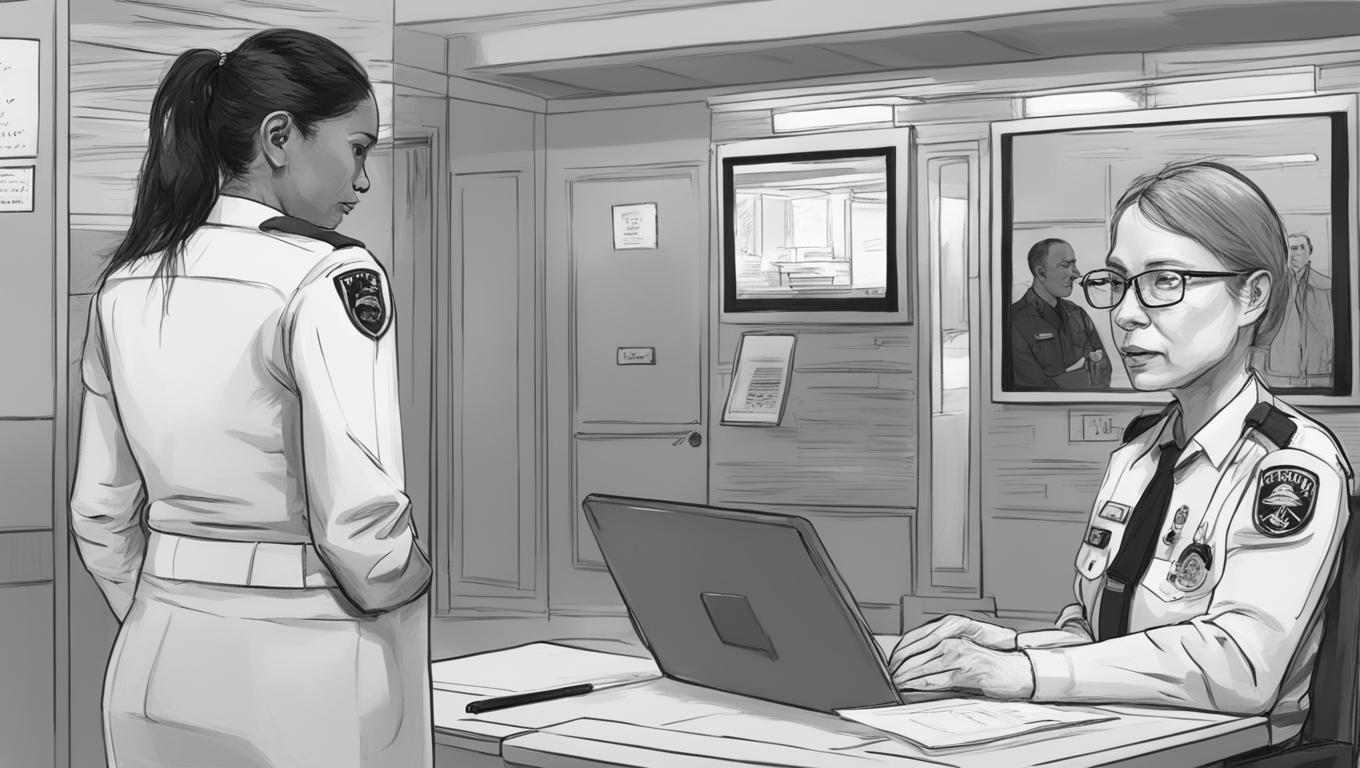The Department of Homeland Security (DHS) is taking a bold step into the realm of artificial intelligence (AI) as it pilots a program to train officers who review refugee status applications in the United States. Secretary Alejandro Mayorkas disclosed this groundbreaking initiative during remarks made at the RSA Conference in San Francisco. By utilizing AI, officers will be able to practice interviewing machines that simulate the experiences and responses of refugee applicants. This new training method aims to address the challenges of interacting with reticent applicants who may be hesitant to fully disclose the trauma they have endured.
Mayorkas explained that the intention is to teach the machine to exhibit the same reticence and other characteristics as the real applicants. The use of AI in this context is not meant to replace human decision-making, but rather to provide officers with an additional tool to supplement their training and enhance their ability to make accurate and informed decisions. The AI program will consider country-specific conditions and other relevant information to assist officers during the application process.
This pilot program is part of a wider range of AI initiatives that DHS has been developing. Earlier this year, the department announced plans to create an interactive app using generative AI, which generates unique content based on historical data. The app will provide immigration officers with tailor-made training materials to meet their specific needs, enabling them to make more precise judgments.
It is important to note that advancements in AI implementation have not been without challenges. Mayorkas acknowledged potential issues, such as translation difficulties and incorrect timeframes or pronouns. Nevertheless, he highlighted the department’s efforts to deploy AI in more sophisticated ways. For instance, AI algorithms have been employed to spot anomalies during border crossings by commercial trucks and passenger vehicles. This innovation aims to help detect smuggling attempts involving illegal substances such as fentanyl and other contraband.
The DHS pilot program is just one example of the growing trend across various industries and government sectors to harness the power of AI technology. While the focus of this particular initiative is on improving the refugee application process, it reflects a broader effort to reduce costs and enhance performance by leveraging AI capabilities.
The deployment of AI in this context has significant potential to streamline and improve the efficiency of the refugee application process. Through the use of AI, officers can gain valuable experience and refine their skills in interacting with applicants, while also ensuring that all relevant factors are considered in the decision-making process.
As AI continues to advance, it is likely that we will see more innovative applications of the technology in various domains. Secretary Mayorkas' announcement at the RSA Conference demonstrates the ongoing commitment of DHS to explore AI solutions that can enhance their operations and improve outcomes.
In conclusion, the pilot program initiated by the Department of Homeland Security to employ AI in training officers for refugee status application review represents a step forward in leveraging technology to improve decision-making processes. By simulating the experiences of refugee applicants, officers will have a valuable tool to refine their skills and make more accurate judgments. This initiative reflects the broader trend of embracing AI across industries and government sectors, with the aim of enhancing performance and achieving better outcomes. As AI continues to advance, it is vital to address challenges and ensure responsible and effective implementation. The future holds great potential for AI to make a positive impact in various domains, including immigration and border security.





Use the share button below if you liked it.